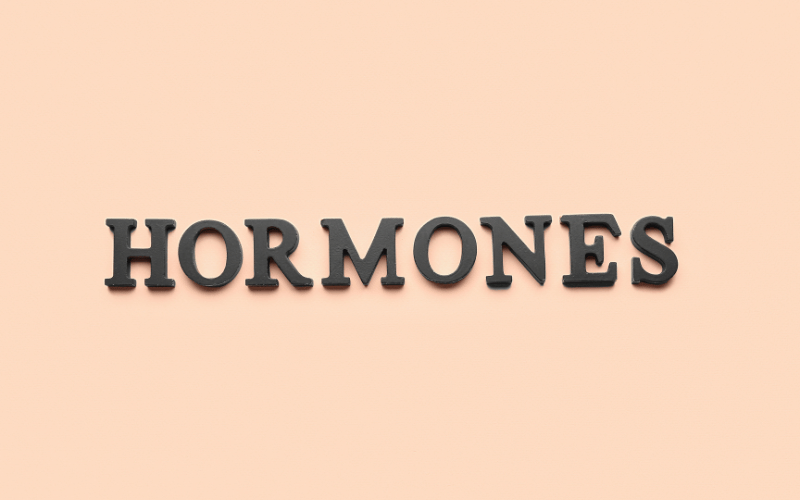Fact 10: Hormonal Changes Can Exacerbate Bruxism

One of the less-discussed triggers of bruxism is the role of hormonal fluctuations. Many people might not make an immediate connection, but it’s a factor that deserves our attention.
Hormonal changes, especially during specific life stages like puberty, pregnancy, or menopause, can have an indirect influence on bruxism. During these times, our bodies undergo significant changes, not just physically, but emotionally and mentally too. These changes can lead to increased stress, mood fluctuations, and other emotional responses. All of these can potentially escalate the occurrence of teeth grinding.
While stress has been a known culprit behind bruxism, the association of hormones amplifies this effect. For example, during menopause, women experience a drop in estrogen levels. This drop can lead to sleep disturbances, which are known accomplices in the onset or exacerbation of bruxism. It’s not just the lack of deep sleep but the anxiety, mood swings, and other accompanying symptoms that enhance the grinding reflex.
Researchers are diving deep into this correlation, hoping to provide more tailored treatments for those who might be suffering from bruxism due to hormonal changes. While general treatments for bruxism will help, understanding this link can pave the way for more personalized solutions. This could be especially beneficial for women who are more susceptible to significant hormonal shifts throughout their lives.(10)